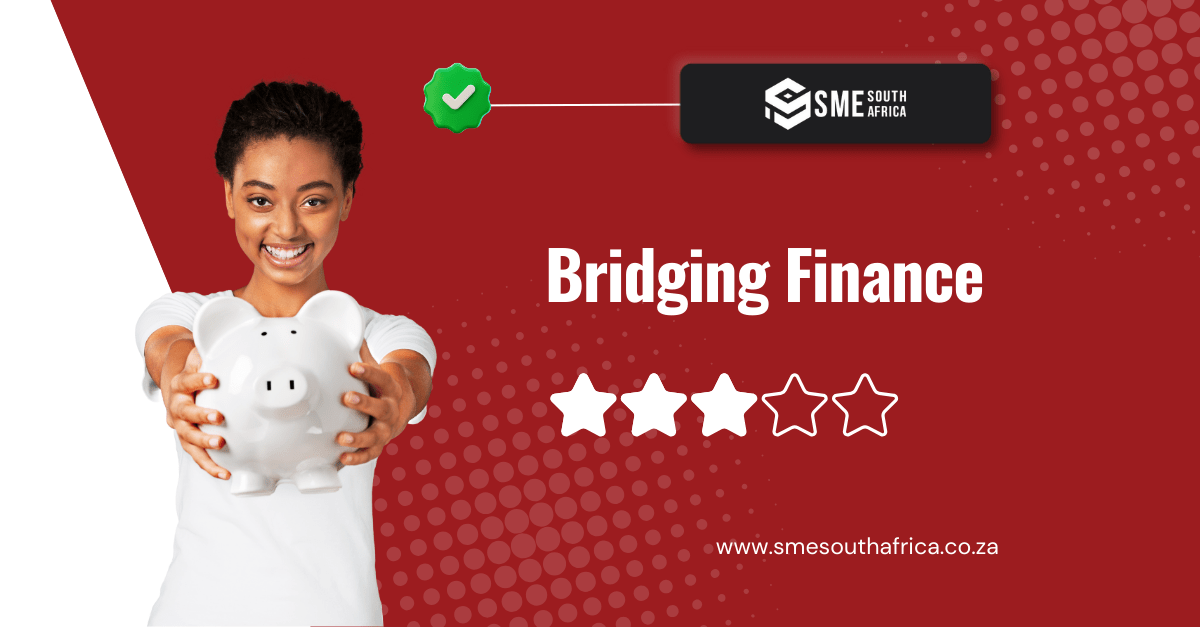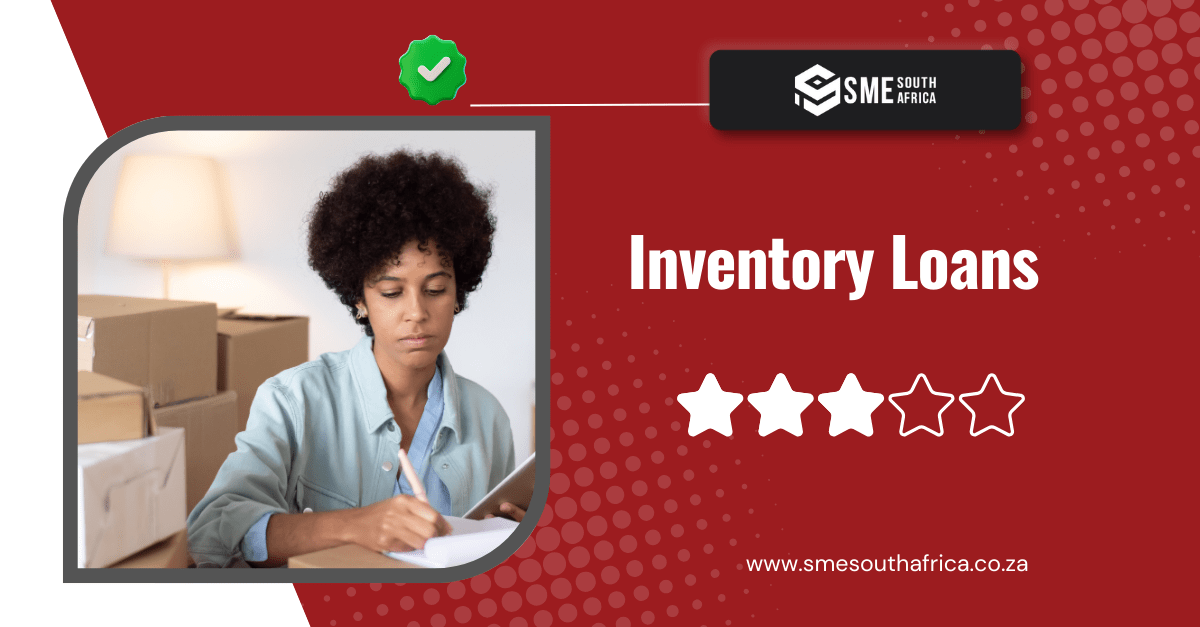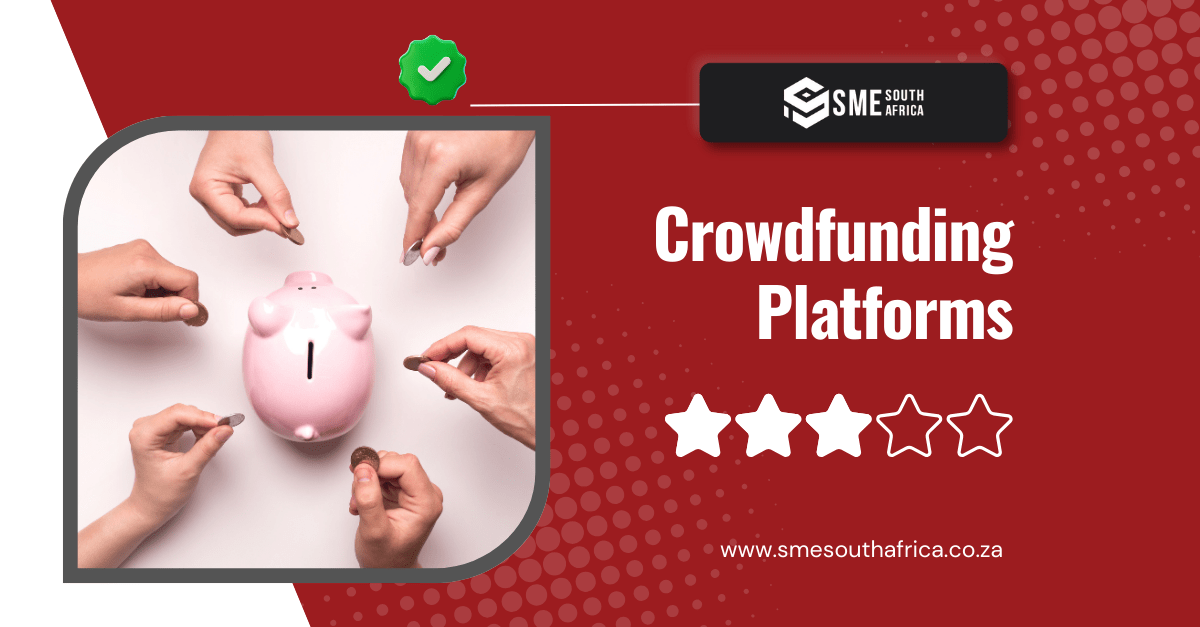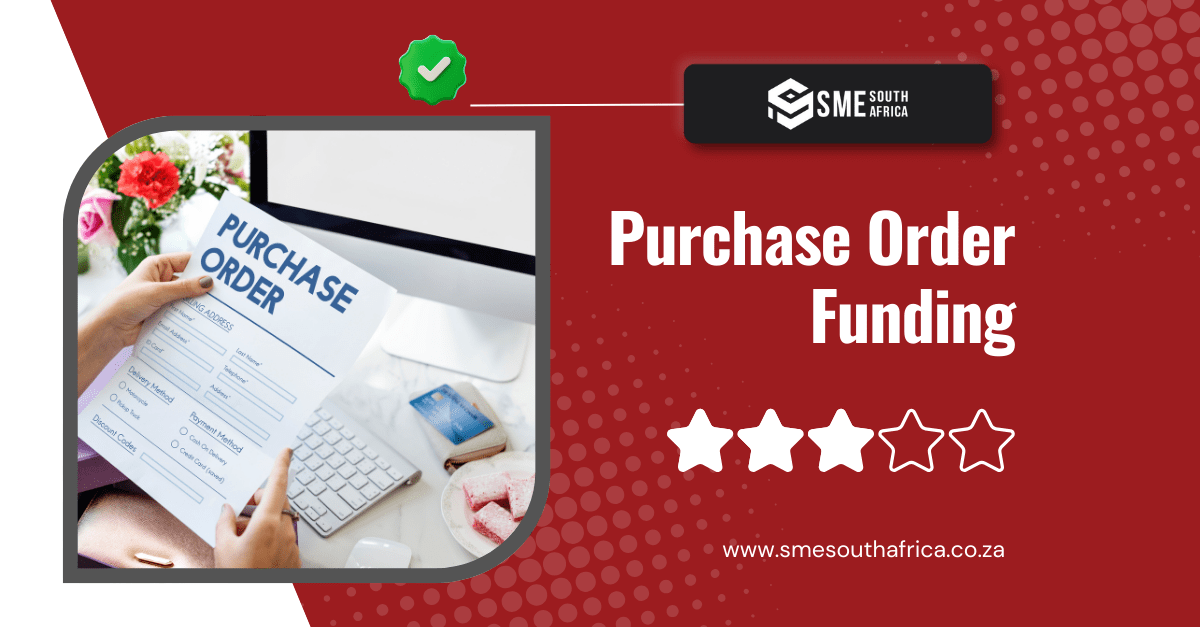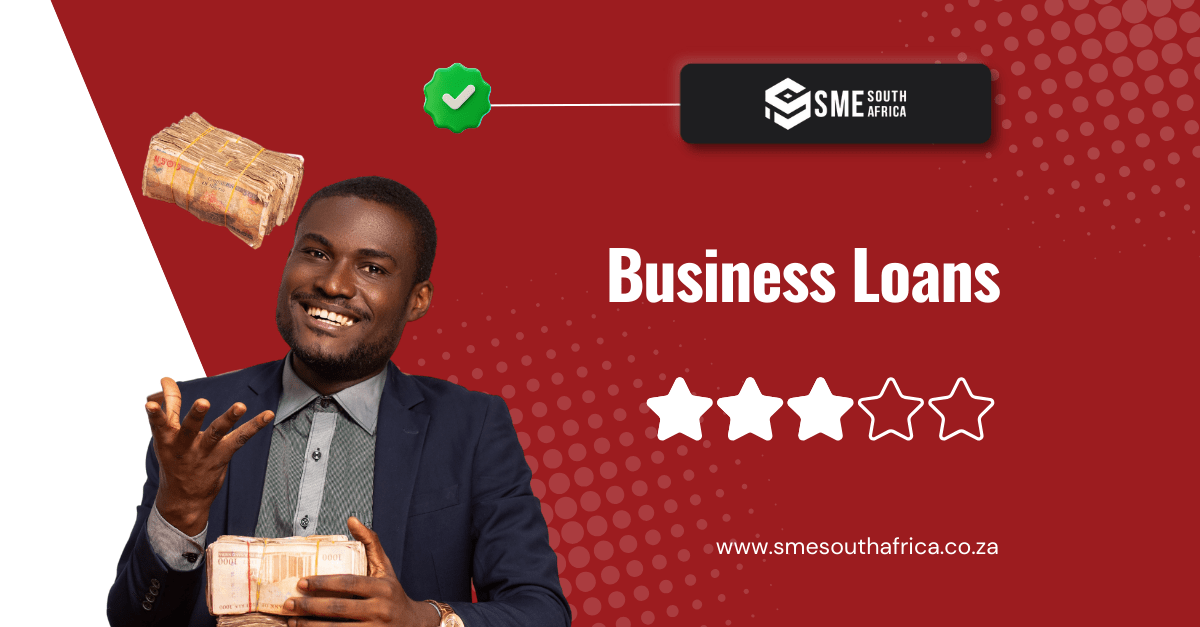
The money is not coming, NOW WHAT? In this series we interview business owners and those in the know about what steps they would take to launch a business with limited funds.
According to Louis Pulzone, LFP Group’s CEO and BEE compliance services, operating in a tough economy is no excuse for failure. “I believe that anybody can make it, regardless of the economy, you just need to be fully committed, and be prepared to work hard and sacrifice. Understand what you are getting yourself into, understand your industry, understand your service or product and add more value than anyone else”.
In a harsh and unstable political and economic climate, only the strong survive. Whether it’s carving out a niche, creating a strategy for diversification or both for that matter, operating in South Africa in times such as these requires bold strategies and fresh thinking.
Find a niche and work harder than anyone else to stake your claim
Louis’ tips for success:
Start small, think big
“Start small. A lot of people hold back because they are waiting for investors. In today’s economy, this is not feasible and it’s important to become self-sustaining”.
“Your idea should be scalable and attainable. Surround yourself with positive but realistic people. Set realistic short-term goals with a long-term vision.
“A business plan is free, and you need one. This is the basis of your business and will be a reference point throughout your journey. Find a niche and work harder than anyone else to stake your claim. That’s what will differentiate you from the rest”.
Find support
“Look for a mentor and use them! Reach out to them in both the good and the bad times. In the bad times, you need courage and encouragement while in the good times, you need input on how to sustain and take it to the next level”.
“You have never arrived. There is always something to learn and something to do. You will never know it all and it’s important to open yourself up to new expertise and ways of thinking”.
Using R5000 to startup a business
There are a few critical things that every startup must invest in:
– “Communication is key to any business so a cell phone contract, a laptop and data should be the first thing that you invest in”.
– “Keep your business affairs separate from your personal affairs by opening up a separate business bank account”.
– Be professional. “You don’t need to invest in accounting software initially but make sure that you keep track of all incoming and outgoing expenditure. Send proper invoices and statements to clients and stay on top of your admin”. Once you grow, paid-for accounting software options start from R500 per month.
– Register your business using CIPC. “It costs very little and helps to create structure”.
Think big but remain small and agile in the beginning
– Market yourself. “One of the things that LFP spent some of our early income on was marketing and it paid off. We didn’t always have the money for it, but we did it anyway to back-up our sales strategies”.
“Whether it’s a brochure, a website, a Facebook page/ LinkedIn – your brand must be visible. Adwords on Facebook is a cheap way to get your name out there and to start attracting customers – remember, marketing is an investment. You cannot expect to get a lot back from it initially, but it makes closing a deal that much easier”.
– “Once you start earning money (and profit), be sure to structure a set salary and set the rest aside in an account which generates interest”.
– “Depending on what industry you are in, you can join industry bodies and attend events to meet like-minded people and build up a network. Allocate a portion of money to petrol – visit your clients regularly, immerse yourself in their worlds, go out there and network!”
Industries to go into
The government plays a critical role in the industries that we operate in today. “Legislation is key so be sure to stay abreast”.
“We identified our industry based on a gap in the market and government’s focus on empowerment. This has served us well as BEE continues to evolve in SA”.
Don’t move into saturated markets with only a small differentiator. “Think big but remain small and agile in the beginning. As you start to grow, so does the money and that’s when you can start to diversify”.
“Be a master of something – specialise” concludes Louis.
See previous budgets:
Starting a Business on a Limited Budget – Lemok’s Lebogang Mokubela










